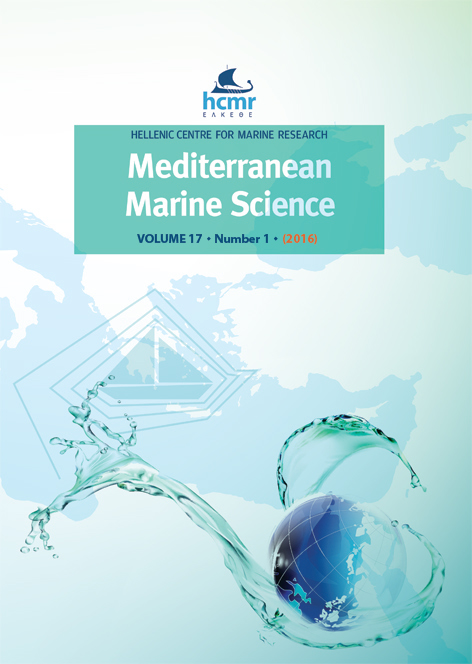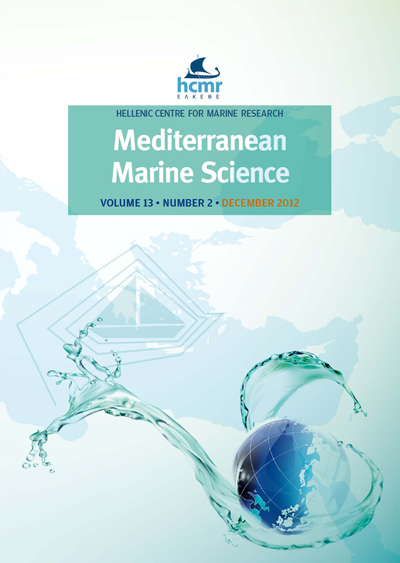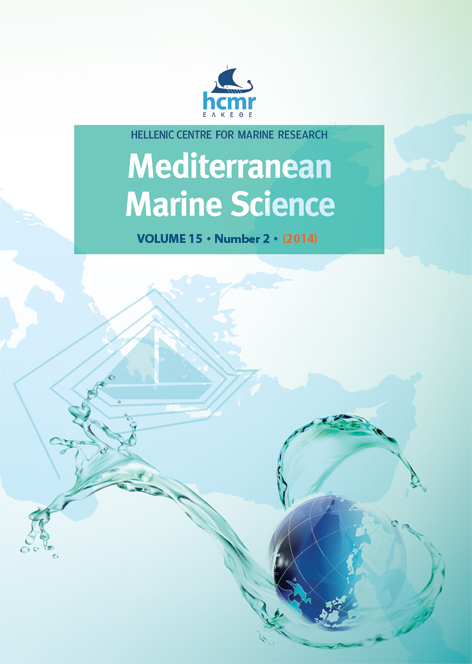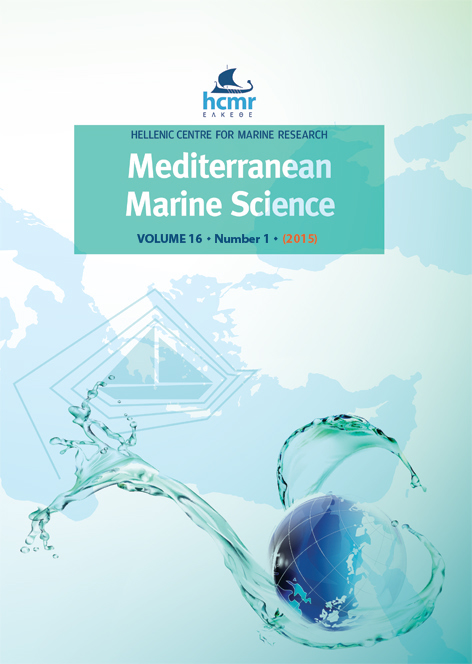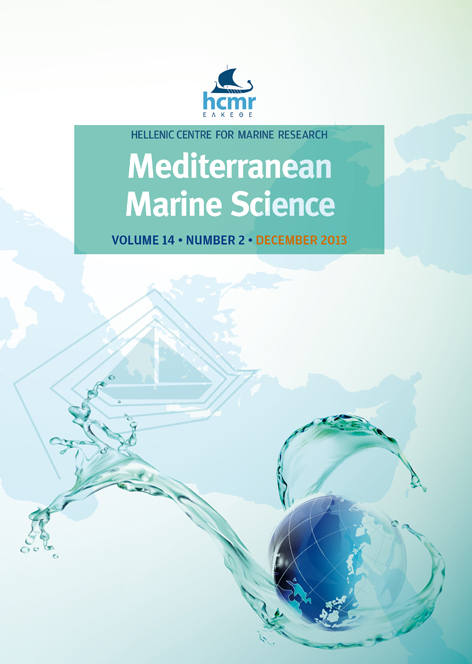Review of alien marine macrophytes in Tunisia
Περίληψη
In the present study, the list of alien marine macrophytes introduced into Tunisia was updated in the light of available data and new observations. A total of 27 alien marine macrophytes have been recorded so far from Tunisia: 18 Rhodophyta, 3 Ochrophyta, 5 Chlorophyta and 1 Magnoliophyta. For each species, the locality (-ies), the year (or) period and the source of the first observation in Tunisia are given. The distribution and the status (casual, cryptogenic, established or questionable) of species in Tunisia were evaluated and, where appropriate, discussed. Among them, Hypnea cornuta is reported for the first time from Tunisia. Fourteen alien marine macrophytes are established, whereas seven cryptogenic and two casual species require further investigation. Eleven species are considered as invasive or potentially invasive in the Mediterranean Sea: Acrothamnion preissii, Asparagopsis armata, A. taxiformis Indo-Pacific lineage, Hypnea cornuta, Lophocladia lallemandii, Womersleyella setacea, Caulerpa chemnitzia, C. cylindracea, C. taxifolia, Codium fragile subsp. fragile and Halophila stipulacea. Finally, the case of four questionable species is also discussed.
Λεπτομέρειες άρθρου
- Πώς να δημιουργήσετε Αναφορές
-
SGHAIER, Y. R., ZAKHAMA-SRAIEB, R., MOUELHI, S., VAZQUEZ, M., VALLE, C., RAMOS-ESPLA, A., ASTIER, J., VERLAQUE, M., & CHARFI-CHEIKHROUHA, F. (2015). Review of alien marine macrophytes in Tunisia. Mediterranean Marine Science, 17(1), 109–123. https://doi.org/10.12681/mms.1366
- Τεύχος
- Τόμ. 17 Αρ. 1 (2016)
- Ενότητα
- Review Article
Authors who publish with this journal agree to the following terms:
- Authors retain copyright and grant the journal right of first publication with the work simultaneously licensed under a Creative Commons Attribution Non-Commercial License that allows others to share the work with an acknowledgement of the work's authorship and initial publication in this journal.
- Authors are able to enter into separate, additional contractual arrangements for the non-exclusive distribution of the journal's published version of the work (e.g. post it to an institutional repository or publish it in a book), with an acknowledgement of its initial publication in this journal.
- Authors are permitted and encouraged to post their work online (preferably in institutional repositories or on their website) prior to and during the submission process, as it can lead to productive exchanges, as well as earlier and greater citation of published work (See The Effect of Open Access).

